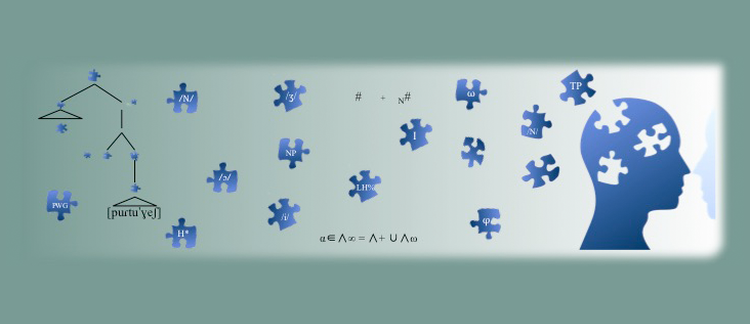Abstract
In Portuguese, though not in French, postverbal subjects provide new information, i.e. in the unmarked case postverbal subjects are foci in Portuguese, not topics, as claimed in Ambar (1988). However, in Portuguese or French wh-questions the postverbal subject does not provide or ask for new information. These postverbal subjects are not foci. These facts lead one to raise the following two questions: (i) why is it that Portuguese syntax allows for a post-verbal topic in wh-questions, an option it typically bans elsewhere?; (ii) why does French only allow for postverbal subjects in stylistic inversion sentences where the postverbal subject is a topic? We shall attempt to provide a unified answer to these two questions here. In line with Kayne & Pollock (1998)-(2001), our main claim will be that despite appearances a topic DP does stand in the left periphery of the input structures in the two languages. That topic position in the CP domain is analogous, though not identical, to the position in which a clitic left dislocated DP stands. The postverbal occurrence of the (topic) subject must result from further remnant movement of the whole IP to a position past the topicalized subject.
How to Cite
Ambar, M. & Pollock, J., (2002) “Topic vs. Comment in some Subject Inversion Sentences in French and Portuguese”, Journal of Portuguese Linguistics 1(1), 119-138. doi: https://doi.org/10.5334/jpl.50
